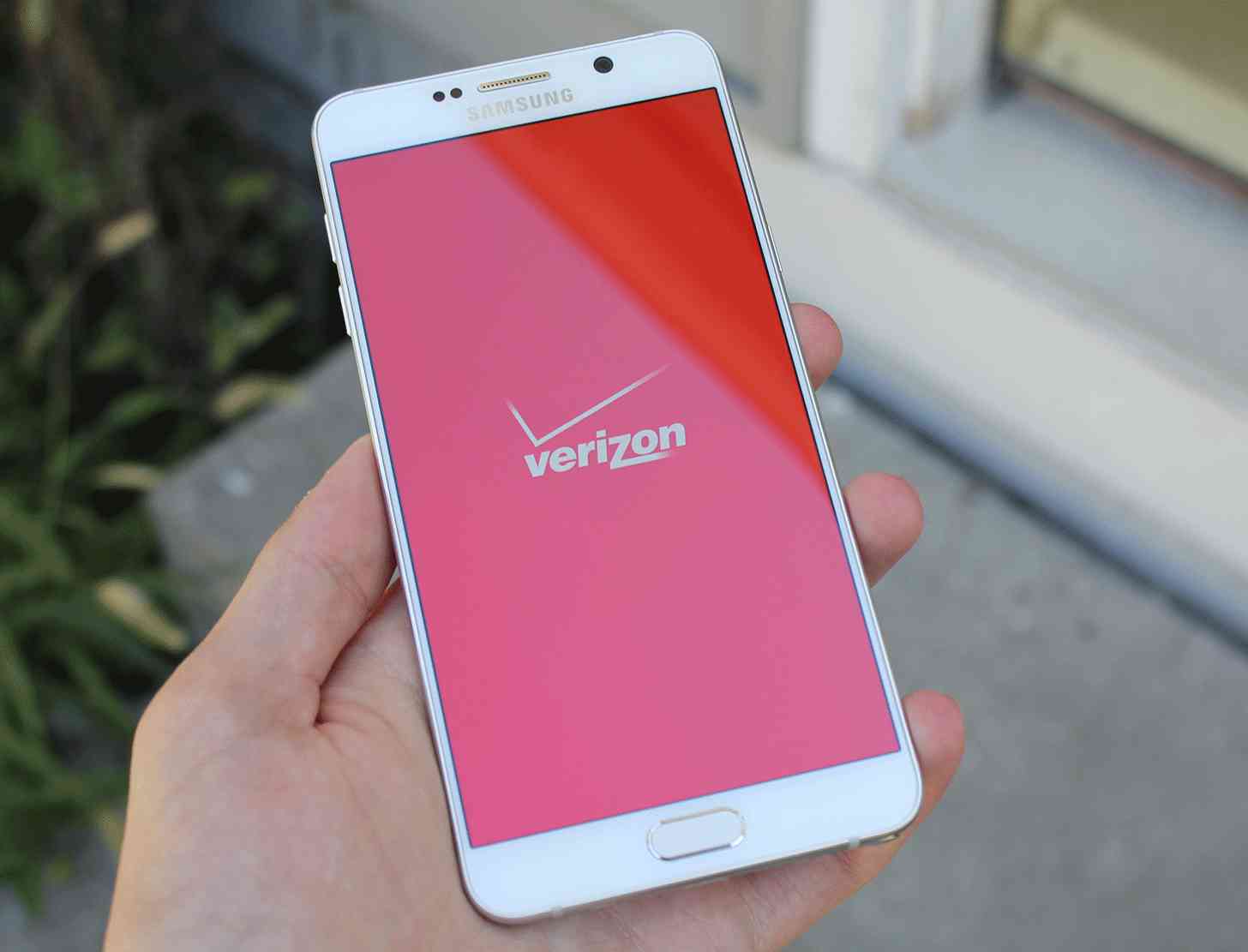
While it’s hard to argue that T-Mobile has made some big changes in the wireless industry, the Magenta “Un-carrier” hasn’t changed everything. T-Mobile, for all of its efforts to try and not be one of the big corporations, is still a business, and its efforts are still meant to earn a ton of money.
The other companies, like Verizon, AT&T, and Sprint, have changed some things up, trying to combat T-Mobile, but they’re not making as many waves as the former underdog. The other three carriers aren’t offering things like Binge On or Music Freedom, for instance. Maybe they will one day, but for now it seems like it’s business as usual for the majority of wireless carriers out there.
That includes the regional and MVNO options.
Customer satisfaction is one area that the wireless carriers all try to see top percentages. After all, word-of-mouth advertising is just as important as the millions these companies spend on shoving commercials and marketing down our throats. If someone is happy with their wireless carrier, they might tell someone else who isn’t using that particular network, and maybe that means new subscribers to tally up in the next quarterly earnings report.
It works the other way, though, too. If someone isn’t happy with their wireless carrier, they’re just as likely to voice that opinion to those who will listen. Over the years I’ve heard so many, “I don’t get any bars here!” or some iteration of that, and I know that I’ve said it plenty of times as well. Carriers have a goal to provide the best possible (quality) service everywhere you go, but that’s just one part of a huge machine working towards making customers happy.
Pricing and device availability matter, too. T-Mobile has probably had some effect on the former, but the latter not so much. Pricing has varied quite a bit over the last few years, especially as carriers introduce things like AT&T Next and Sprint’s leasing program. Throw in other options like Sprint’s iPhone for Life, too. Plan pricing can still be pretty expensive every month, especially as you add lines to accounts, but, at least for some out there, it may have at least become a bit better.
Device availability has stabilized, at least. There are still exclusives, like Verizon’s DROID lineup released by Motorola, and AT&T still appears to have a lockdown on Samsung’s Galaxy S Active series. But there are still some odd decisions made, like with HTC most recently. That manufacturer announced its flagship handset, the HTC 10, and carriers like Sprint, Verizon, and T-Mobile all announced their support. But AT&T was left off the roster.
Yes, you can buy an unlocked HTC 10 and it’ll work on AT&T’s LTE network, and it even comes without AT&T’s stock bloatware (which is awesome), but most AT&T customers buy their devices from AT&T. Not carrying HTC’s latest flagship is a strange turn of events.
But will not carrying the HTC 10 make someone not consider AT&T? Will it make someone ditch the Big Blue network in favor of the competition that does offer the device? Who knows. Would you? Did you?
But that’s not the real question here. I’m actually wondering if, based on network quality and availability, pricing, and device selection, are you genuinely happy and satisfied with your carrier of choice? If so, how long have you been with them, and did you switch from another carrier? And if you aren’t happy with your carrier, what has been the issue, and do you plan on switching? Let me know!